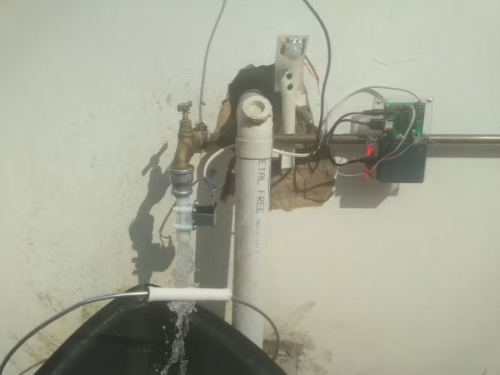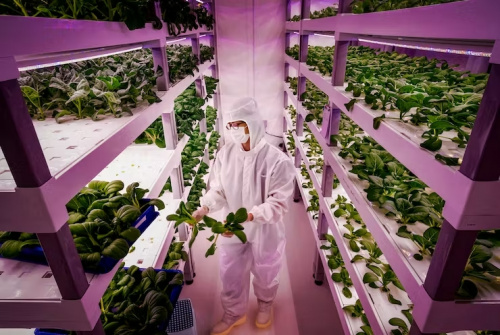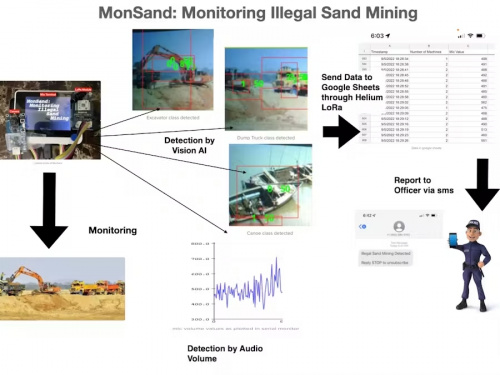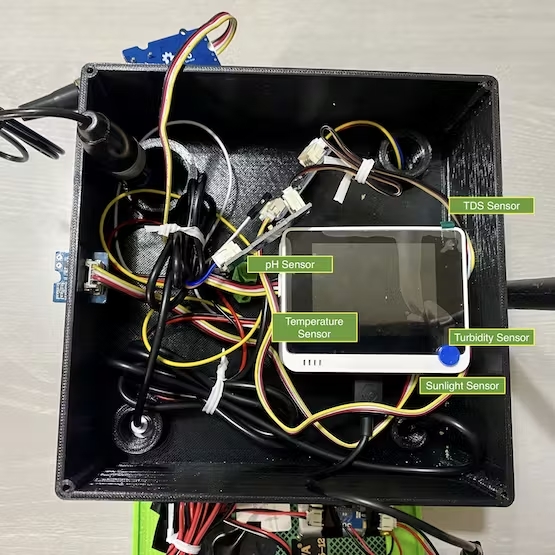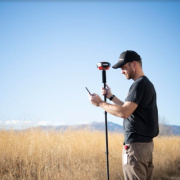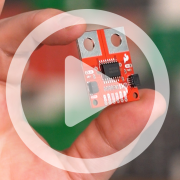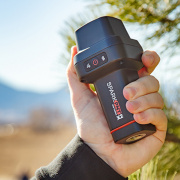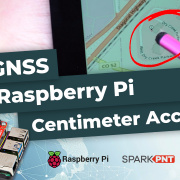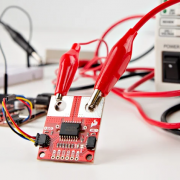Tech For Good
We're switching things up today with a post that highlights some of the resourceful and inspirational projects we've seen on Hackster lately.
I was on Hackster the other day and noticed there were a few contests that had recently concluded.
The Smarter Sustainable World Challenge by Nordic SemiConductor
...and
The IoT Into the Wild Contest For Sustainable Planet by Seeed Studio
The first thing I'll say is that it is so great to see other major players in our space encouraging and rewarding work that does some good in the world, hence the title of this blog. We've all heard the platitude, "Technology can be used for good or for bad," and like most platitudes there's a great deal of truth underneath the banality of it. But seriously, these competitions dished out some seriously sweet prizes to projects well-deserving of the rewards and recognition that come with winning.
Hopefully I haven't lost your attention yet, because I'm going to stop babbling on and show you four of the projects I thought were inspired, resourceful and just plain good. Let's jump in:
Smart Water Tap Leakage Controller IoT Project
Loss of water through water taps that are either left unclosed is a problem. A Smart Water Tap Leakage Controller IoT Project is a solution.
Background: "Water is a very scarce resource that needs to be used sparingly by everyone. Many people around the world go for days without this very basic need. Many liters of water are lost through water taps that are either left unclosed or not closed properly every day, which is a concern for the world at large. Due to climate changes and other factors, we are gradually running out of underground water and the rain no longer falls as it used to do without the negative impact of climate changes. Everyone has a duty to save water and save lives. Using technology, we can make this a reality," writes Elijah Maluleke.
Although the project may not look ingenious from the photo, Elijah's work really gets to the heart of what the Smarter Sustainable World Challenge was all about - a mishmash of parts and a resourceful brilliance come together to tackle a problem and delivered real and replicable results. This project has a video and with it, Elijah won Nordic Semiconductor's contest, plus it includes a Sparkfun USB Type A Female Breakout.
Vertical Self Regulating Soilless Farm
Fighting food shortage crisis and achieve maximum yield with power of IoT, control engineering and soilless vertical farming.
Coming in second place was Mateusz Pająk's IoT Farming project. He said, "This project is my pesonal idea of (a) farm that utilizes aformentioned current state of the art in farming, control engineering and communication technology to create self sufficient, scalable and automated aeroponic farm." This makes sense, as, "creating artificial farms that thanks to advanced control algorithms and devices with high computional possibilities, closed, controlled environment can be build pretty much anywhere in the world. These farms are not tied to the ground, allowing them to be stacked vertically, greatly increasing yield per square meter. In this type of a farm, roots of the plant are not placed in the soil, from which it takes required nutritions, but exposed to the air while being sprayed with nutrition rich solution (aeroponics) or submerged in nutrition rich water (hydroponics). Thanks to the fact that these mediums provide much more oxygen to the plant than standard soil, it even more increases growth compared to traditional farming methonds and as a result, provides better yield."
The next contest we're looking at, The IoT Into the Wild Contest For Sustainable Planet was inspiring in that the best projects were submitted by young people.
MonSand: Monitoring Illegal Sand Mining
Background: Sand is used in numerous applications such as construction (for cement) and microchips (for silicon). But the problem is that as the uses of this material are increasing, the supply is greatly decreasing. We are running out of ways to legally mine wet sand without disturbing the coastline. So. in many third world countries, sand is being supplied to industry through illegal ways that are harmful to environment.
Raunak Singh's MonSand project is a scalable solution to the monitoring of illegal sand mining operations. It can use Vision AI and use audio detection to send data to Google via Helium Lora. For this project, Raunak recieved both the Innovative and Creative Projects Award and the Helium Award.
Smart Lake - Early Detection of Algae Bloom
Using data from different sensors and ML on the edge, this device can detect early sign of algae bloom and notify authorities or citizens.
Background: Something very tragic happened recently in our town. A dog parent took her dog to a lake for swim. She did not notice there was algal blooms. On the way back home, dog started panting, was taken to emergency immediately but could not survive. We are designing a device equipped with multiple sensors to detect the presence of algae in the water and provide real time update to town residents. This device should be deployed on multiple places in the lakes in our town and residents should get real time update so that they can avoid such incidents.
Check out how Mithun Das and Sashrika Das (6th grade!!!) solve this problem!
Mithun and Sashrika won the Excellent Sustainable and Scalable Project Award, for which they were awarded a Project Scale-up Pack ($10,000 value)!
Thanks for following along. Now, go make something!
